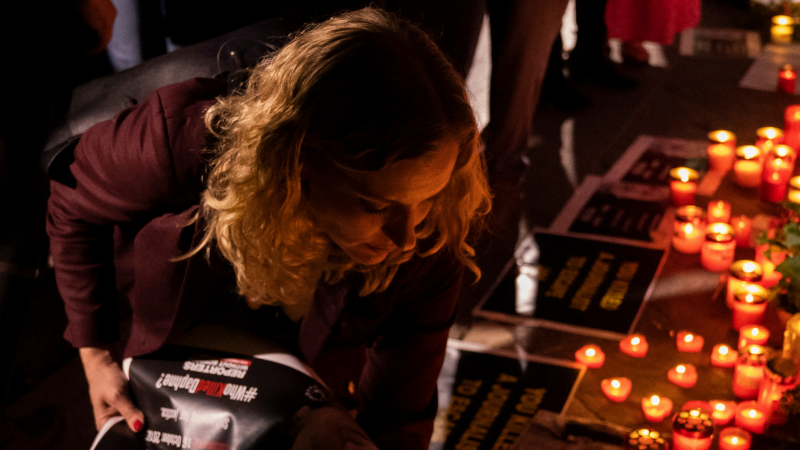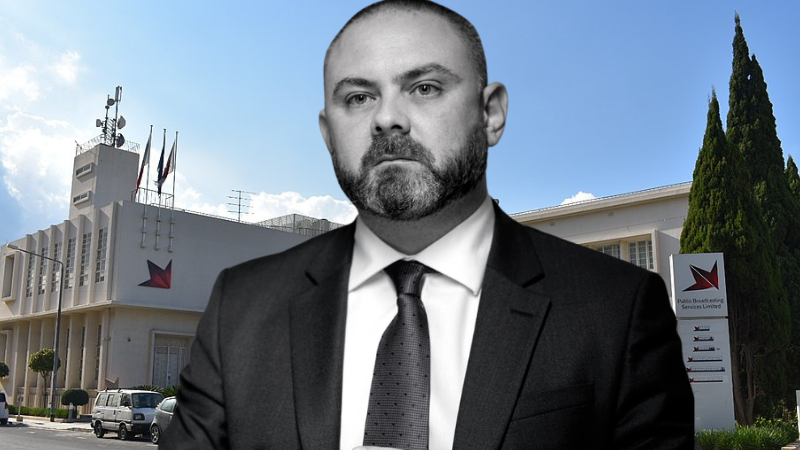“The Mafia is a systematic threat to press freedom,” according to the results of a European Centre for Press and Media Freedom (ECPMF) fact-finding mission in Italy, which also found that the country’s system of protecting journalists is far better than Malta’s because it is based on risk prevention.
The media freedom organisation conducted 24 interviews with prosecutors, politicians, journalists and mafia experts. The aim was to understand the links between criminal organisations and corrupt political situations.
Yet, the Vice President of the Italian National Order of Journalists, Elisabetta Cosci, observed how the Italian system of protecting journalists was one of the best in the world when compared to Malta.
“It seems like there were no adequate protective measures there”, she said when referring to the murder of Maltese journalist Daphne Caruana Galizia who was assassinated 19 months ago on 16 October, 2017.
Since 1960, 28 Italian journalists have been killed by the Mafia. Currently, there are more than 20 journalists living under 24-hour police protection.
The Italian public security authorities make a “commendable effort” to protect journalists that are under threat as a result of their work, according to the report. Armed police escorts, armed cars and other forms of protection are offered.
Only 20% of those questioned for the report believe the system of protection is imperfect or incomplete.
Italian police proactively look for threats, for example, through intercepted phone calls and then inform those responsible for providing protection, without waiting for the data to be used in criminal proceedings.
Investigative journalist Lirio Abbate said, “the main merit of the Italian protection system is that it is based on risk prevention and it has proved to be effective. However, it can be improved, at various levels. We must always improve the selection of those who deserve this protection.”
Between 2016-2018, over 3,700 bloggers, journalists and other media workers were documented as receiving threats, and experiencing assault, intimidation, abuse of rights, theft, targeted damage and unsubstantiated libel cases in the country.
These are just the incidents reported. The real number is estimated to be 16 times higher. Over 90% of these cases went unpunished.
Anti-mafia prosecutor Federico Cafiero De Raho said, “the crime syndicates want to silence (journalists) and therefore they intimidate, attack and kill journalists who attract the attention of law enforcement agencies by speaking about them”.
Those interviewed gave detailed descriptions of how psychological and physical violence, as well as the abuse of defamation laws, create an “atmosphere of fear” leading to self-censorship.
Another issue identified was the “mudslinging machine” described as a campaign of delegitimisation aimed at discrediting journalists who report on the Mafia and corruption.
Prior to the assassination of Caruana Galizia in Malta, the police were aware that she and her family had been targeted multiple times in her 30-year career.
The family home had been targeted by arsonists and the family dogs had also been killed on a separate occasion. She had also been attacked countless times in various media publications, as well as via secret Labour Party online hate groups that an investigation by The Shift exposed. It was also revealed that these online groups had celebrated her assassination.
She had not been offered police protection for years, with the exception of the three days after the 2017 general election. The family said in a recent statement that if the government knew, or ought to have known about a “serious risk to Daphne’s life”, they were obliged to take measures to protect her.
The family are now pursuing litigation against the government citing breaches of the European Convention on Human Rights to call for a public inquiry as to whether her assassination could have been prevented, and to ensure the same can never occur again against others.













